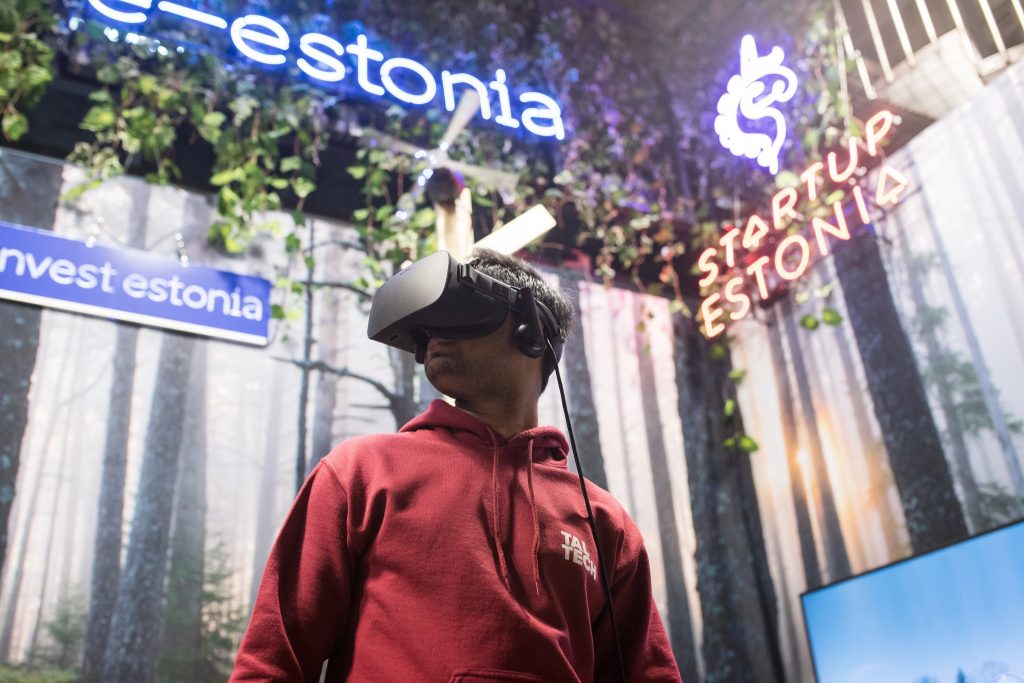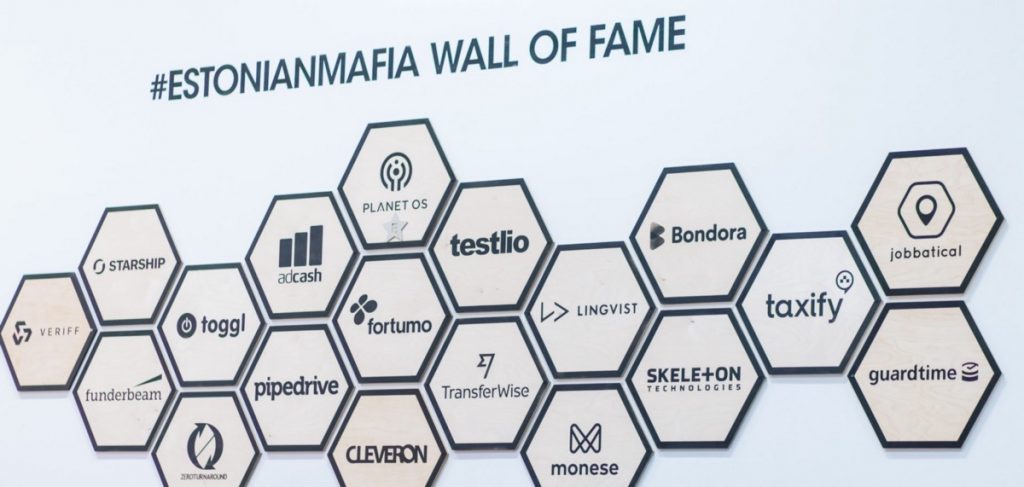estonia’s startup ecosystem is open for e-residents and global entrepreneurs
Estonia is the perfect home for your startup to scale and grow, and e-Residency allows you to manage it remotely
Fiscal support for entrepreneurship
The tax regime in Estonia was favourable too, he quickly learned:
Startup Estonia
Thriving in the face of change
Learn more about becoming an e-resident today:
More from e-Residency
- Sign up for our newsletter
- Watch fresh video content - subscribe to our Youtube channel
- Meet our team and e-residents - register for our next Live Q&A




